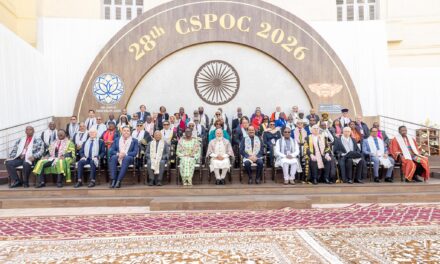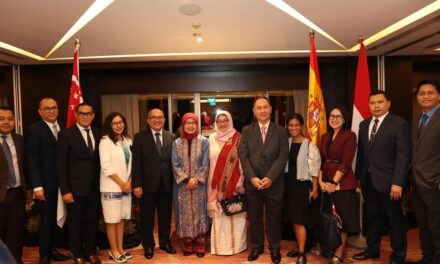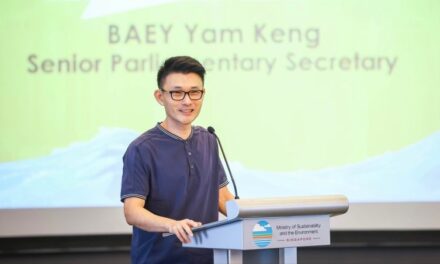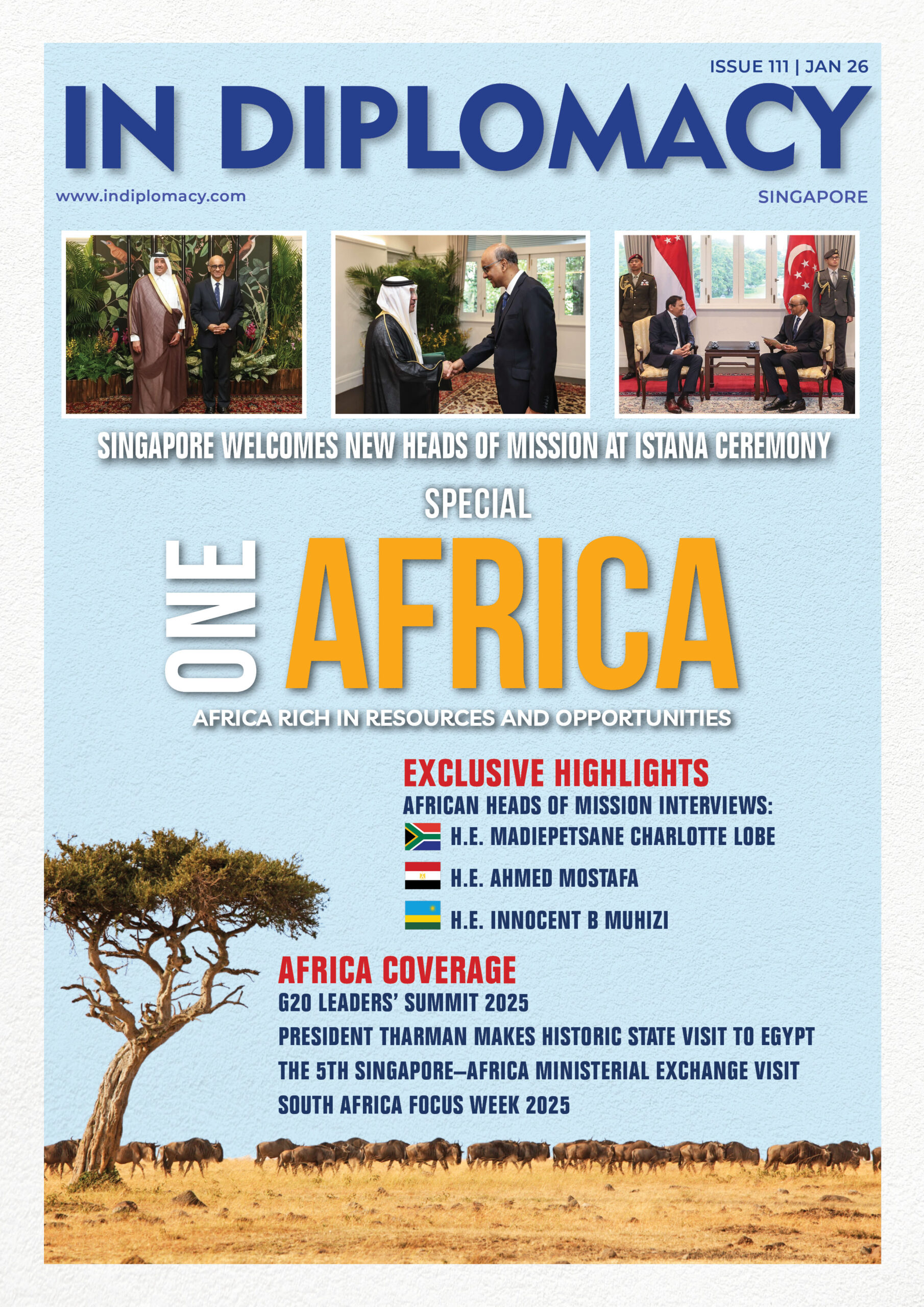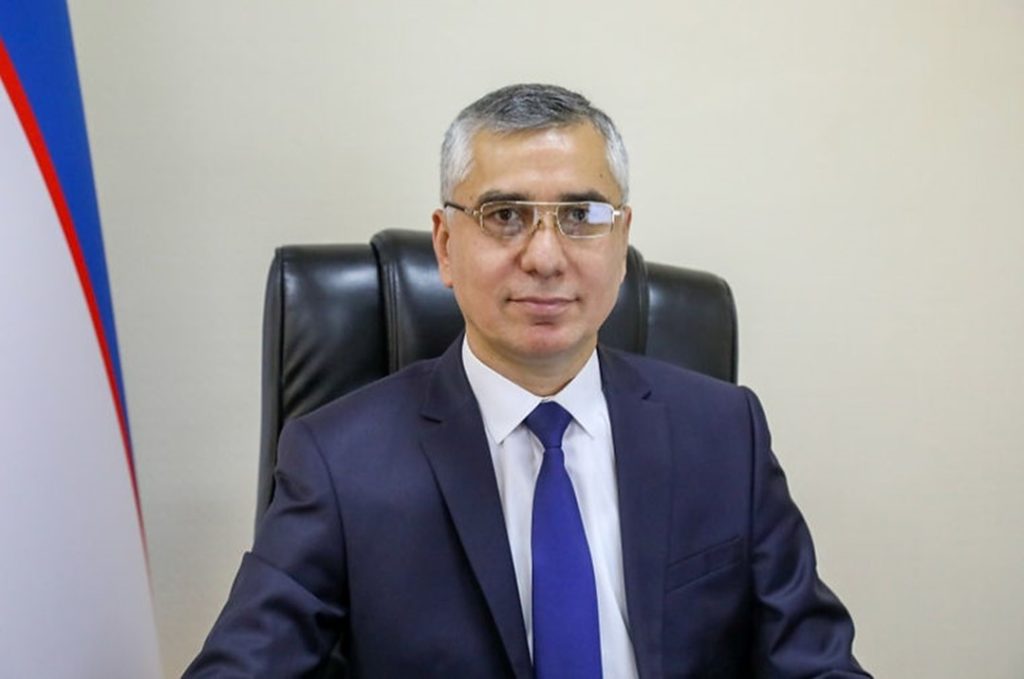
By Azamat Toshev, the Vice Chairman of the Committee of the Interethnic Relations and Friendly Cooperation with Foreign Countries
LOCATED at the crossroads of the Great Silk Road, Uzbekistan for centuries served as a strong bridge connecting Europe, the Middle East, South and East Asia with its rich cultural and historical heritage. Hundreds of great scientists who made a great contribution to the development of world science and created the fundamental foundations of religious and secular sciences were born on this land and are known to the world. For thousands of years, Uzbekistan has become a world civilization where representatives of various nationalities and religions lived in peace, and where the cultures of different peoples enriched each other.
Genuine human values such as hospitality, humanity, peace-loving, tolerance towards representatives of different nationalities and religions have become the way of life of our people.
Indeed, what is the place of the implementation of friendly and peaceful foreign policy, ensuring inter-ethnic harmony in the Constitution of the Republic of Uzbekistan?
Firstly, nowadays, when the recent history of New Uzbekistan is being created, the implementation of a mutually beneficial and practical foreign policy in order to ensure inter-ethnic harmony and tolerance, the expansion of friendly relations with foreign countries, the creation of an atmosphere of stability and harmonious neighbourhood in Central Asia, being faithful to the spiritual heritage of its ancestors, has been identified as a separate area in the Strategy for Action on the five priority areas of development of the Republic of Uzbekistan and the New Uzbekistan Development Strategy.
Therefore, in order to ensure consistency in the conduct of a peace-loving foreign policy, the preamble to the Constitution defines Uzbekistan’s friendly relations with the international community and, first of all, as a striving to strengthen and develop friendly relations of Uzbekistan with the world community, primarily, with neighbouring states on the basis of cooperation, mutual support, peace and harmony, it occupies a special place in the implementation of the New Uzbekistan Development Strategy.
As an important factor in the development of New Uzbekistan, special attention was paid to strengthening of inter-ethnic solidarity and friendly relations with foreign countries, and the legal basis was created for ensuring equal rights and freedom of representatives of 16 religious denominations, more than 130 nationalities and peoples living in our country.
As an important factor in the development of New Uzbekistan, special attention was paid to strengthening of inter-ethnic solidarity and friendly relations with foreign countries, and the legal basis was created for ensuring equal rights and freedom of representatives of 16 religious denominations, more than 130 nationalities and peoples living in our country.
Secondly, Article 4 of our Constitution stipulates that the Republic of Uzbekistan shall ensure a respectful attitude toward the languages, customs and traditions of all nationalities and ethnic groups living on its territory, and create the conditions necessary for their development.
The enshrinement in the Constitution, as the main objective of ensuring inter-ethnic and interfaith harmony, well-being and prosperity of the multinational native Uzbekistan, aimed at strengthening this provision, serves to further strengthen the culture of tolerance in society.
Today, an effective system has been established in order to widely implement the provisions of our Basic Law and legal documents, to implement the state policy of Uzbekistan in the field of inter-ethnic relations.
As a result of the study of foreign experience in the field of legal regulation of inter-ethnic relations, more than 40 regulatory legal documents on the improvement of legal documents – two laws, nine decrees and eight resolutions of the President of the Republic of Uzbekistan, 3 resolutions of the Oliy Majlis, and a number of resolutions of the Cabinet of Ministers were adopted.
In particular, on May 19, 2017, at the initiative of the President of Uzbekistan Sh.Mirziyoyev, a separate state body – the Committee on interethnic relations and friendly cooperation with foreign countries under the Cabinet of Ministers of the Republic of Uzbekistan was established.
In cooperation with 153 national cultural centers, 38 friendship societies and 98 societies of compatriots abroad, the Committee makes a significant contribution to ensuring inter-ethnic and inter-religious harmony and developing friendly relations with foreign countries.
Thanks to the political will of the head of our state, Sh. Mirziyoyev, very important reforms were implemented in terms of establishing a constructive dialogue based on mutual respect with neighbouring countries, opening the borders of Uzbekistan to the world, and establishing checkpoints.
As a result of the open and friendly foreign policy of Uzbekistan, completely new – effective political, economic and cultural relations with foreign countries, including neighbouring countries, were formed during the recent years.
In particular, according to the initiative put forward by Shavkat Mirziyoyev at the 72nd session of the UN General Assembly in September 2017, holding Consultative meetings of the leaders of the Central Asian countries became regular.
Also, in accordance with the special resolution “Enlightenment and religious tolerance” adopted by the UN General Assembly in 2018 based on the proposal of the leader of Uzbekistan, the “Week of Tolerance” held annually in our country dedicated to the International Day of Tolerance on November 16 will further strengthen friendship.
As a result of the acceptance of Uzbekistan as a full member of the Turkic Council on September 15, 2019, not only cultural and spiritual relations, but also trade and economic relations are rapidly developing within the organization.
Establishment of Public Diplomacy Center
According to the Resolution of the President of Uzbekistan, on June 26, 2018, the establishment of the Public Diplomacy Center of the Shanghai Cooperation Organization in Uzbekistan under the Committee helps to strengthen mutual trust and good neighbourliness, interethnic and inter-religious harmony, and strengthen inter-civilizational dialogue between the Member States of the organization.
Concept of the state policy of the Republic of Uzbekistan in the field of cooperation with compatriots, was approved by the President on October 25, 2018.
It allowed us to rapidly develop constant communication and cooperation with our compatriots living abroad.
As a result, the Committee signed more than 40 memorandums of cooperation with related organizations abroad.
The adoption of the concept of the state policy of the Republic of Uzbekistan in the field of inter-ethnic relations by the President of Uzbekistan on November 15, 2019 has raised international relations and friendly cooperation with foreign countries to a new level.
As a result of a rational policy, in Uzbekistan television and radio programs and broadcasts are broadcast in 12 languages, newspapers and magazines are published in 14 languages, and education in 1,865 of more than 10,000 general education schools in our country is being conducted in 6 languages, namely Karakalpak, Russian, Tajik, Turkmen, Kyrgyz and Kazakh languages.
According to the Decree No. PD-5430 as of May 4, 2018, “Friendship Houses” were established in the centres of the Republic of Karakalpakstan and regions, and national cultural centres were placed in them free of charge.
In particular, in 2019, the House of Korean Culture was opened with the participation of the President of the Republic of Uzbekistan and the President of the Republic of Korea.
The Law of the Republic of Uzbekistan was adopted in 2021 on establishing July 30 as the “Day of Peoples Friendship” in our country.
In order to adequately reward the work of local and foreign partners who have contributed to the strengthening of the atmosphere of interethnic friendship and harmony in Uzbekistan, the “Friendship of Peoples” badge was established based on the decision of the Cabinet of Ministers No. 335 as of June 1, 2021.
In the past period, more than 500 activists of national cultural centres received state awards, were honoured with orders and medals. 14 of them were awarded the title of “Hero of Uzbekistan”.
The “Vatandoshlar” (Compatriots) Public Fund, established on the basis of the Presidential Resolution No. PR-5220 as of August 11, 2021, created a practical mechanism to further unite compatriots living abroad around the historical Motherland, and to support compatriots and public associations formed by them.
In 2022, within the framework of the nationwide project “Green Space”, activists of national cultural centers and 16 religious denominations laid the foundation for the “Garden of Tolerance” in the territory of the “New Uzbekistan” complex.
Thirdly, in 2022, Uzbekistan hosted high-level meetings of the Shanghai Cooperation Organization and the Organization of Turkic States, as well as a number of other high-level international conferences, promoting practical initiatives aimed at strengthening peace and friendship in the world.
Today, as a logical continuation of large-scale reforms, the strengthening of the independence and sovereignty of our country defined in the development strategy of New Uzbekistan, the expansion of partnerships based on mutual trust in Central Asia, and the implementation of deeply thought-out and pragmatic foreign policy, updating our Basic Law is a rapidly changing requirement of life.
Thus, the provisions on the implementation by the Republic of Uzbekistan shall pursue a peaceful foreign policy aimed at the comprehensive development of bilateral and multilateral relations with states and international organizations are enshrined in article 18 of the Constitution.
A comparative analysis of the practice of foreign countries shows that the constitutions of most countries indicate the competent State body to determine and implement foreign policy. The provisions on peaceful foreign policy included in our Basic Law are expressed in the constitutions of a number of countries, such as Japan, Tajikistan, and Kazakhstan.
Provisions on a peaceful foreign policy aimed at strengthening and developing friendly relations with neighbouring countries on the basis of cooperation, mutual support, peace and accord are unique values for Uzbekistan, rarely found in foreign constitutions.
It should be noted that the above-mentioned amendments to the Constitution demonstrate the stability and consistency of the foreign policy of the Republic of Uzbekistan in protecting the national interests of our country in the current troubled time; we are now entering an upswing in our development as an important factor for peace and security in the region.
In conclusion, the constitutional reforms implemented in our country will raise the quality of close cooperation in all fields in Central Asia to a higher level, further develop relations with our traditional partners, strengthen Uzbekistan’s activities in the United Nations bodies, institutions, global and regional organizations, and the role of our country as an equal subject in international relations as the legal basis of development, it serves to ensure the prosperity of our Motherland, and the peace of our country.
Establishing the principle of friendly and peace-loving foreign policy in accordance with the social and legal life of our country, the needs of the citizens, and the aspirations of the people in our main law becomes a new constitutional value that unites the people and guides them towards development.

